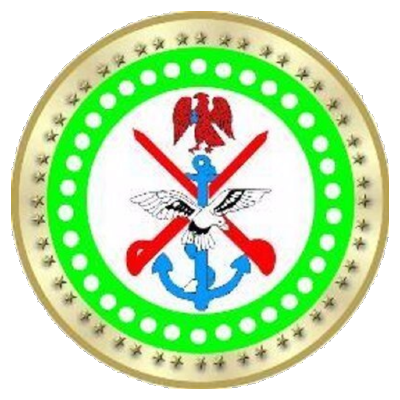 Coordinating Minister of Economy and Minister of Finance, Dr Ngozi Okonjo-Iweala has pledged to donate some part of the proceeds from the public presentation of her book, Reforming the Unreformable: Lessons from Nigeria, to flood victims across the country.
Coordinating Minister of Economy and Minister of Finance, Dr Ngozi Okonjo-Iweala has pledged to donate some part of the proceeds from the public presentation of her book, Reforming the Unreformable: Lessons from Nigeria, to flood victims across the country.
Speaking at the well-attended event at the Transcorp Hilton Hotel, Abuja, on Tuesday, the Minister said she was making the gesture because “their plight reminds us that the work of improving the lives of our people is a never ending one”.
Dr Okonjo-Iweala said time was ripe for the de-politicisation of oil price benchmarking. She called for the establishment of a body of experts to determine the appropriate oil price benchmark in the formulation of national budgets, observing that the strategy has worked successfully for Chile which earns huge revenues from copper.
Dr Okonjo-Iweala said she was motivated to write the book to encourage others to tell the Nigerian story by ourselves and not read it from foreigners.
“It is about time we capture our own story. We need to learn from the mistakes of our reform efforts so as not to repeat them. I hope people read it (the book) and capture the spirit of reform because Nigeria can be transformed”.
She appealed to the youth not to succumb to pessimism and hopelessness or to be discouraged by people who argue that Nigeria was a lost case.“Nigeria can and will change”, she said.
The Minister said the book was written in part to honour the work done by the Economic Management Team in the Obasanjo administration. “They put in a lot of work. What they did should not be lost”, she said.
President Goodluck Jonathan, represented by Vice President Mohammed Namadi Sambo said the book effectively refutes the popular belief that Nigeria’s political and economic institutions can never be reformed.
The President noted that the book’s central message of hope was appropriate at this point of the country’s history and that Nigeria, long given up by cynics as an entity averse to reform, can actually be transformed into one of the most dynamic economies in the world.
President Jonathan commended the Minister for finding time from her tight schedule to write the book which documents the efforts of the Presidential Economic Management Team under President Obasanjo, which Dr Okonjo-Iweala headed.
He described her effort as a manifestation of her patriotism and pledged his administration’s support for any such enterprise aimed at setting the records straight.
The President said his administration’s support for free and credible was the foundation of true reforms and which he said was motivated by an honest desire to improve the lives of the citizenry.
Earlier Professor Paul Collier who reviewed the book described it as an appropriate prism for understanding Nigeria’s economy in the present and the future.
Prof Collier said ten years ago, Nigeria was largely perceived as resource rich but policy poor country. Stressing that though the country still has a long way to go, it has made progress in building a good foundation for economic prosperity. To do this, he said, the country must build a critical mass of understanding.
On the book’s greatest legacy, he said learning from failure was fundamental to reform success and that Nigeria needed to build and consolidate an agenda of reform integrity.
Collier cited Germany as a country which was the worst in Europe in many respects but is today has the best run economy in Europe because the country was smart to learn the right lessons from its disastrous past.
Describing the country’s reform process as a painful struggle, he said the lessons from the book were that it was important for the policy makers to focus on a pragmatic agenda and in reinventing the public sector rather than being sucked into hard ideology ideological positions.
He said the book was timely in documenting the successes and challenges of the Economic Management Team and in explaining the basis for the ground-breaking structural, macroeconomic and reform agendas it pursued with such results as debt relief and the setting up of the Excess Crude Account.
Nigeria, he noted, still needed more reform at this point because while it had got off the slope, it was not yet on top of the mountain in terms of financial and fiscal stability.



